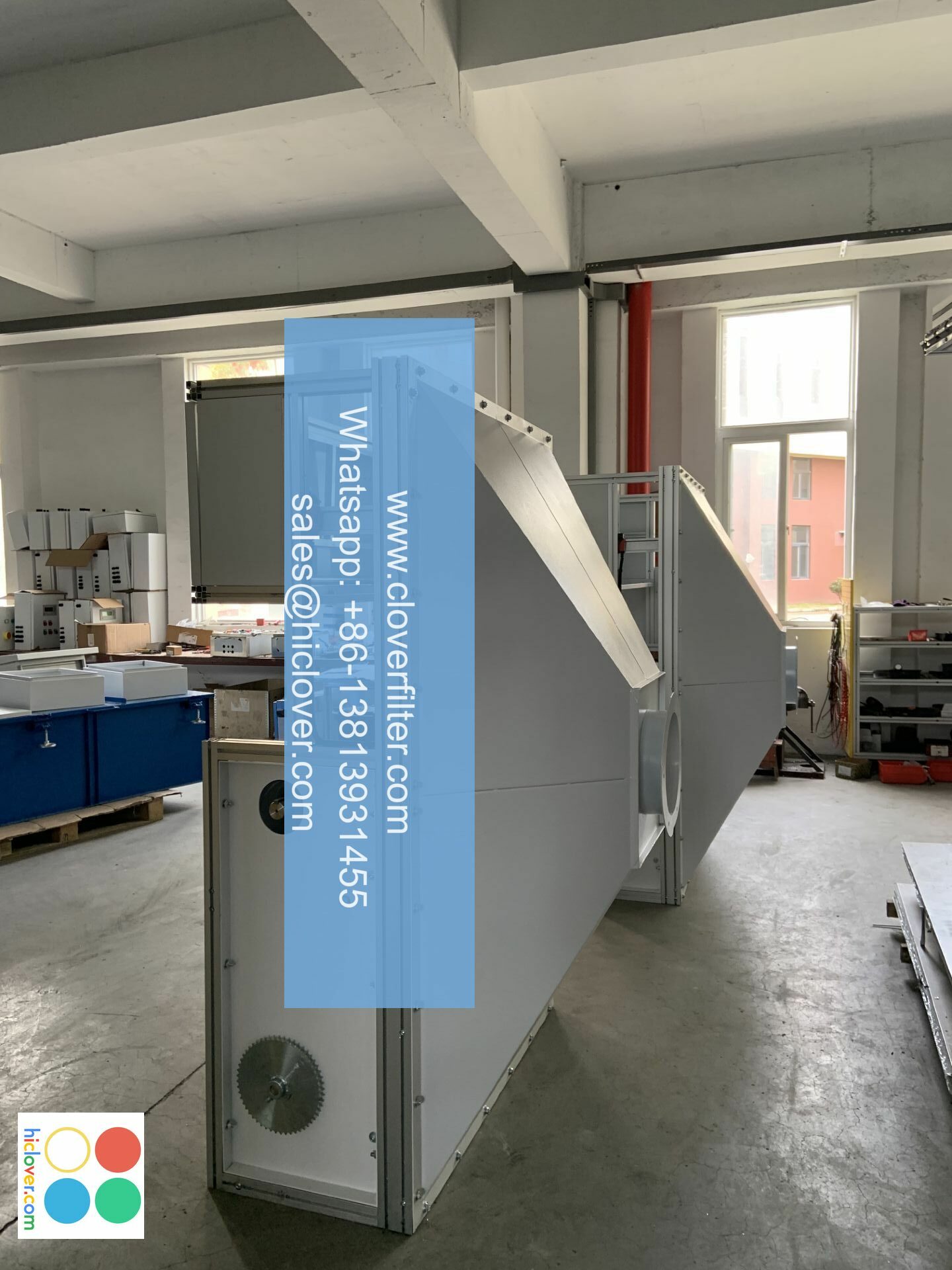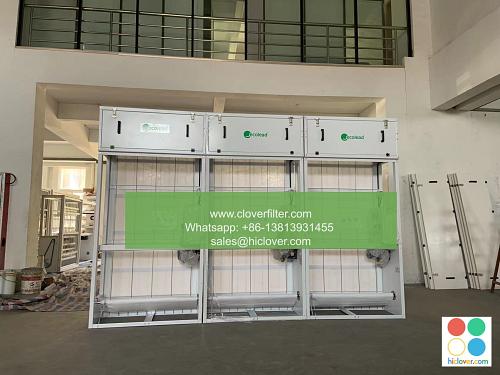Benefits of Automatic Roll Air Filters in University Settings

In recent years, the importance of indoor air quality (IAQ) in educational institutions has gained significant attention. Universities, in particular, have a large number of students, faculty, and staff, which can lead to a high concentration of airborne pollutants. One effective solution to mitigate this issue is the use of automatic roll air filters. These innovative filters offer numerous benefits, including energy efficiency, cost savings, and enhanced air purification. In this article, we will explore the advantages of automatic roll air filters in university settings and highlight their various application areas.
Enhanced Air Purification and Filtration
Automatic roll air filters are designed to provide high-performance air filtration, capturing 99.97% of particles as small as 0.3 microns, including particulate matter (PM), pollen, dust, and other airborne contaminants. This leads to a significant reduction in indoor air pollution, creating a healthier environment for students, faculty, and staff. By removing airborne pollutants, automatic roll air filters can help alleviate respiratory issues, such as asthma and allergies, and promote overall wellness and productivity.
Energy Efficiency and Cost Savings
Automatic roll air filters are designed to be energy efficient, using advanced air filtration technologies to minimize energy consumption. By reducing the need for frequent filter replacements and maintenance, these filters can help universities save on energy costs and operational expenses. Additionally, automatic roll air filters can be integrated with existing building management systems (BMS) and heating, ventilation, and air conditioning (HVAC) systems, enabling real-time monitoring and optimal performance.
Application Areas in University Settings
Automatic roll air filters can be applied in various areas of university settings, including:
* Classrooms and lecture halls: to improve IAQ and promote student health and productivity
* Libraries and study areas: to reduce dust and particulate matter, creating a cleaner and quieter environment for students
* Laboratories and research facilities: to maintain high levels of air purity and prevent contamination
* Dormitories and student housing: to improve IAQ and promote student wellness and comfort
* Administrative offices and common areas: to enhance indoor air quality and promote a healthy work environment
Conclusion
In conclusion, automatic roll air filters offer numerous benefits in university settings, including enhanced air purification, energy efficiency, and cost savings. By applying these innovative filters in various areas of university settings, institutions can promote student health and productivity, reduce energy costs, and enhance overall indoor air quality. As universities continue to prioritize sustainability and wellness, automatic roll air filters are an effective solution to achieve these goals and create a healthier and more sustainable learning environment.

